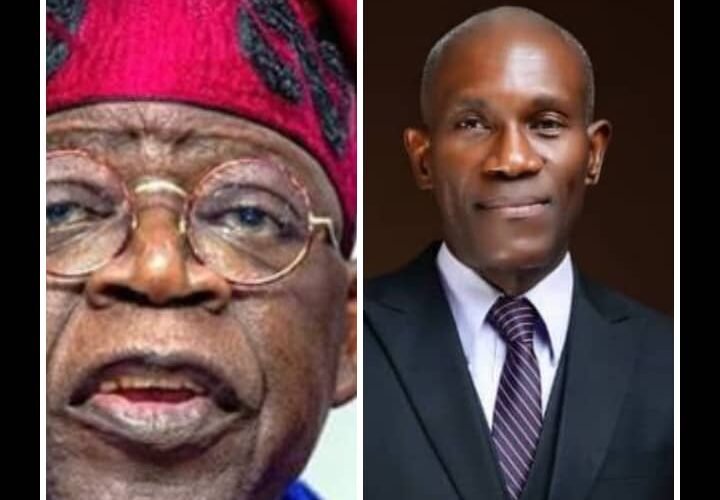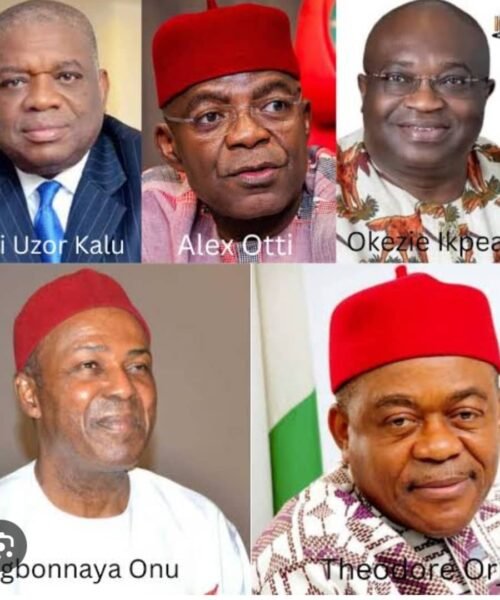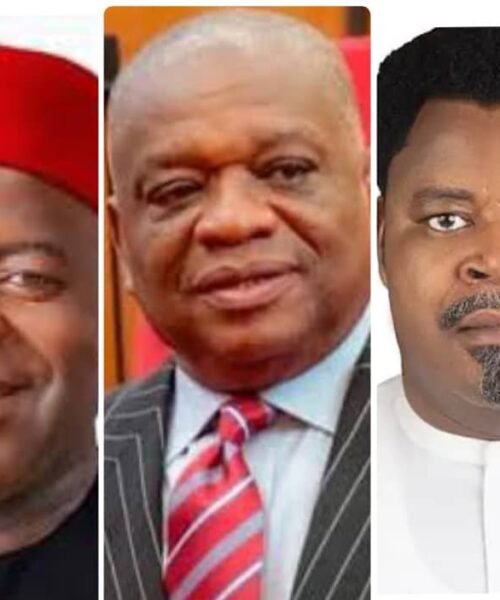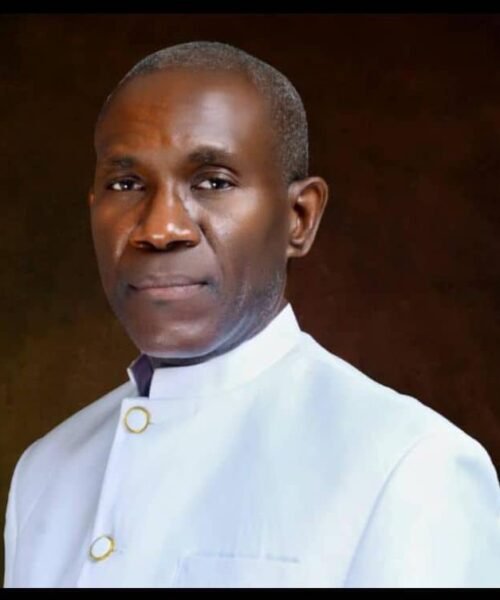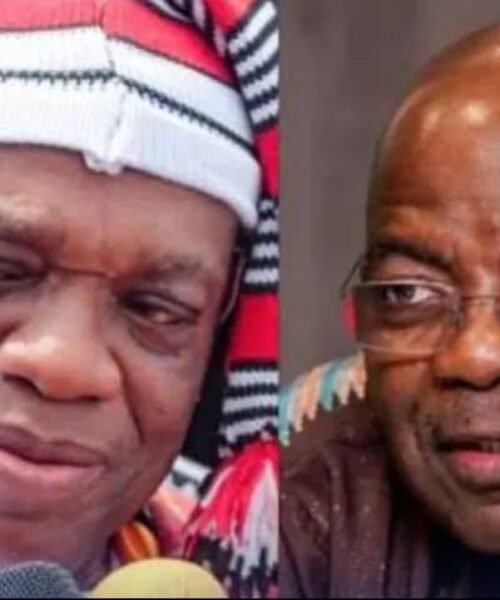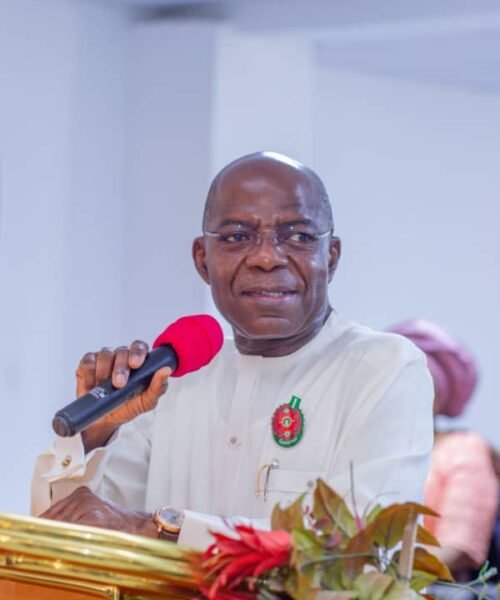Bangladesh vs. Sudan: Why One Protest Movement Toppled a Government and the Other Became a Killing Field — Lessons for Nigeria
When mass dissent erupts, outcomes hinge less on anger than on institutions, information flows, and the posture of the security elite. Bangladesh’s 2024 student-led uprising forced Prime Minister Sheikh Hasina from office on August 5, 2024; Sudan’s cycles of mass protest since 2019, by contrast, were swallowed by military predation and then a catastrophic civil war. Reading both through data and timelines clarifies what makes protest succeed—or descend into slaughter—and what Nigeria must internalize now.
In Bangladesh, the spark was technocratic but combustible: a court-driven reinstatement of civil-service job quotas in mid-2024, which students framed as a meritocracy crisis. The movement scaled quickly across campuses and cities from June to early August 2024, despite curfews and platform throttling, because its organizing core stayed coherent, generationally broad, and tactically adaptive. Independent reporting placed the death toll in the hundreds; Bangladesh’s health authorities and a subsequent UN human-rights review later assessed the nationwide crackdown as far deadlier—1,000+ killed according to the interim health ministry chief and up to 1,400 according to the UN rights office—an enormity that delegitimized the government’s hold on power. Within days of the worst killings on August 4, Hasina fled and an interim authority coalesced around Nobel laureate Muhammad Yunus, with the army tacitly acceding to a transition rather than escalating into nationwide massacre. Key milestones—Supreme Court roll-back of quotas, resignation of the prime minister, and a negotiated interim arrangement—gave the street a visible off-ramp and preserved the basic state.
Sudan’s arc ran in reverse. The 2018–2019 revolution that ended Omar al-Bashir’s rule was followed by the June 3, 2019 Khartoum massacre, when forces led by the Rapid Support Forces (RSF) violently cleared a peaceful sit-in—100+ killed, hundreds injured and raped—signaling that the coercive apparatus would resolve political bargaining with bullets. A fragile civilian-military compact staggered on until the October 2021 coup, then collapsed entirely into full-scale war in April 2023 between the Sudanese Armed Forces (SAF) and the RSF. What followed was the near-textbook conversion of protest space into a killing field: internet blackouts that blinded civil society and aid logistics; mass atrocities in Darfur, including 10,000–15,000 killed in El Geneina alone; UN-documented war crimes by both sides; and cumulative death estimates that dwarf public tallies. By late 2024 and 2025, studies and UN updates suggested tens of thousands dead, 12–13 million displaced, and repeated mass-casualty attacks on displacement camps and urban neighborhoods. With no neutral security arbiter and no credible channel for negotiated de-escalation, protest receded into survival.
Three structural contrasts explain the divergence. First, security-sector behavior: in Bangladesh, repression was severe and criminal—UN investigators now speak of potential crimes against humanity—but the military ultimately pivoted to an interim political pathway rather than escalating to total war; Sudan’s security complex fractured into rival armies whose business model is territorial violence, crushing civic bargaining. Second, information environment: Bangladesh’s shutdowns were episodic; video, casualty counts and legal rulings still flowed, accelerating elite defections. Sudan’s recurrent nationwide shutdowns made documentation, relief, and coordination hazardous, enabling atrocities behind a digital curtain. Third, credible exit routes: Bangladesh had visible institutional levers—a Supreme Court decision trimming quotas, an interim figure with domestic and global legitimacy, and an army willing to “stand aside” enough to broker transition. Sudan had none: the coup shattered a civilian compact; mediation repeatedly failed, and armed stakeholders viewed compromise as extinction.

For Nigeria, the comparative lessons are concrete, not abstract. The #EndSARS experience already showed that heavy-handed security responses radicalize grievances and multiply risks; credible accountability and restraint, not force primacy, keep protest within constitutional channels. Nigeria should institutionalize five guardrails now. First, protest-policing doctrine that defaults to de-escalation, with independent oversight and rapid, public discipline for violations—because once protesters are framed as enemies, the slide toward Sudan’s logic begins. Second, legal off-ramps: time-bound panels with subpoena power whose interim decisions have standing, so that protesters can convert momentum into policy rather than open-ended confrontation. Third, information guarantees: no nationwide internet shutdowns; communications blackouts are a predictor of mass-casualty outcomes, as Sudan’s war has shown. Fourth, unified casualty accounting across police, health, and civil society—ACLED-style event coding published monthly—so that truth outruns rumor and justice can track specific perpetrators. Fifth, civil-military red lines agreed in advance by the presidency, service chiefs, and governors: armed forces never deployed for crowd control; the military’s role restricted to imminent threats meeting a publicly defined threshold. These are precisely the governance choices that made Bangladesh’s transition—however imperfect—possible, and whose absence made Sudan’s slaughter likely.
The final lesson is brutal but liberating: protest succeeds when it can translate pain into procedure. Bangladesh’s youths forced the state to choose law over force after the worst day of repression; Sudan’s citizens were denied that choice by men with armies and a blackout switch. Nigeria still has institutions that can decide which path we take. The decision, as both cases prove, is not about whether people will protest. It is about whether the state will keep civic conflict inside courts, cameras, and constitutions—or lose it to generals, militias, and the dark.
AProf Chukwuemeka Ifegwu Eke

